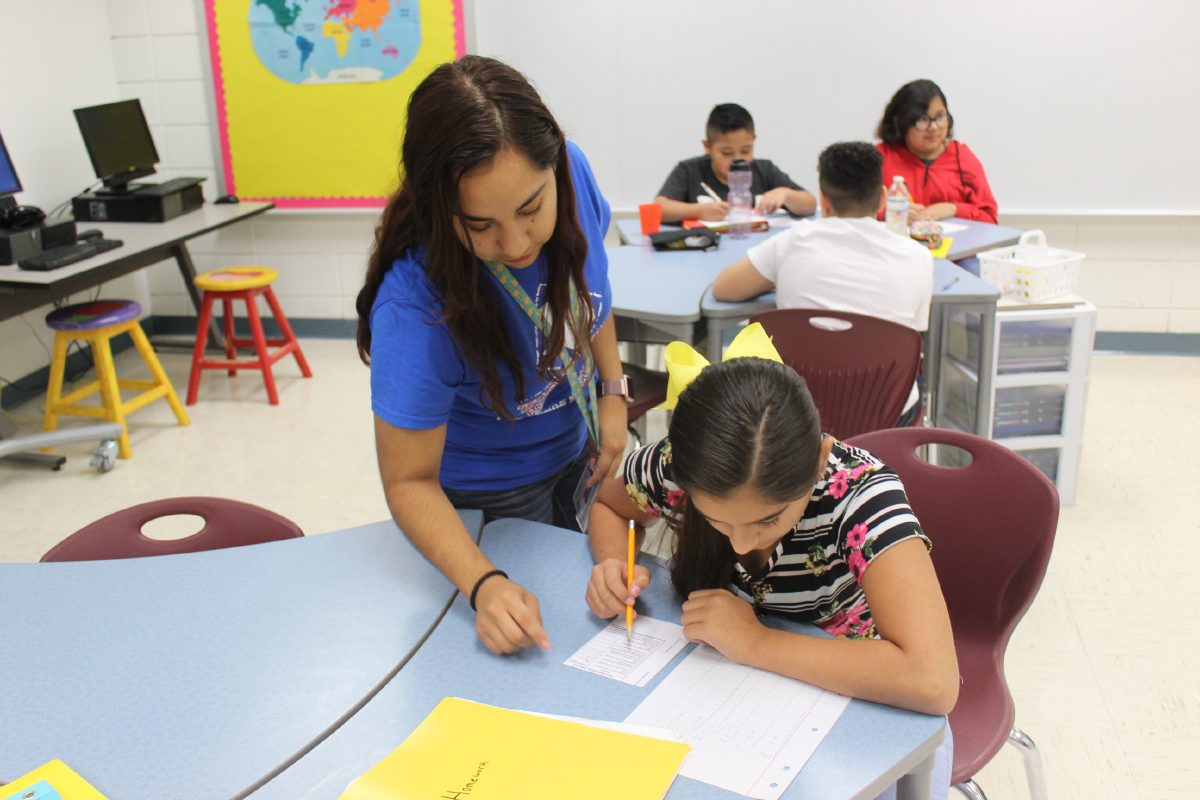|
Only have a minute? Listen instead
Getting your Trinity Audio player ready...
|
The primary purpose of schools is to expand students’ knowledge and help to prepare them for the world they will encounter when they enter a world filled with a wide variety of people, situations and challenges.
School officials should remember that goal as they deal with the latest efforts to restrict students’ access to material that can enrich their minds, further their education and help them understand different viewpoints.
A local religious-based conservative group has been meeting with school officials and addressing school boards demanding that they ban books on their list of almost 700 titles the group doesn’t want Texas children to read. The group reportedly has threatened to file lawsuits against schools and districts that don’t meet their demands, invoking a 2023 state law that orders schools to review their library holdings and remove any that are considered “harmful” or “educationally unsuitable.” The law allows parents to voice objections to the materials to which their children are exposed.
State officials already have prepared their own list of books they want restricted; some of them already were in school libraries and were removed.
The Texas Tribune has reported that Texas has banned the most books of any state in the country, with 800 taken off the shelves in 2021 and 2022.
Certainly, some books aren’t suitable for small children. As students grow and mature, however, they are best served by enabling them to learn about differing viewpoints experiences — and giving them, and their parents, the freedom to decide for themselves what is and isn’t “educationally appropriate.”
Restrictions forced upon them by religious fundamentalists only deny those freedoms.
Titles on the group’s list include Anne Frank’s Diary, “The House on Mango Street” by Sandra Cisneros and “I Know Why the Caged Bird Sings” by Maya Angelou.
Some books, such as “The Color Purple” and “Beloved,” appear recommended youth reading lists. Some have won awards and some are considered literary classics.
Some books on the list deal with people of various minority groups dealing with public intolerance — the very intolerance that inspires such lists.
Fortunately, many students themselves see the sin in such restrictions. One group in Katy, Texas, for example, formed a club to acquire banned books and make them available to their fellow students.
Most Texans likely support such efforts. A 2022 University of Texas/Texas Politics Project poll found that 62% of respondents opposed book bans and only 29% favored them.
Decisions on appropriate reading material should be left to each child’s parents. Their efforts to help their children better understand their world are hindered when a narrow-minded group tries to impose blanket restrictions on everybody.
The public at large has a right to comment on their public schools and the resources their taxes buy. School officials should listen to such comments and make decisions they deem best for all students, not a select few. However, they should resist specific groups’ efforts to bully them into making decisions that are not in their students’ best interests.




